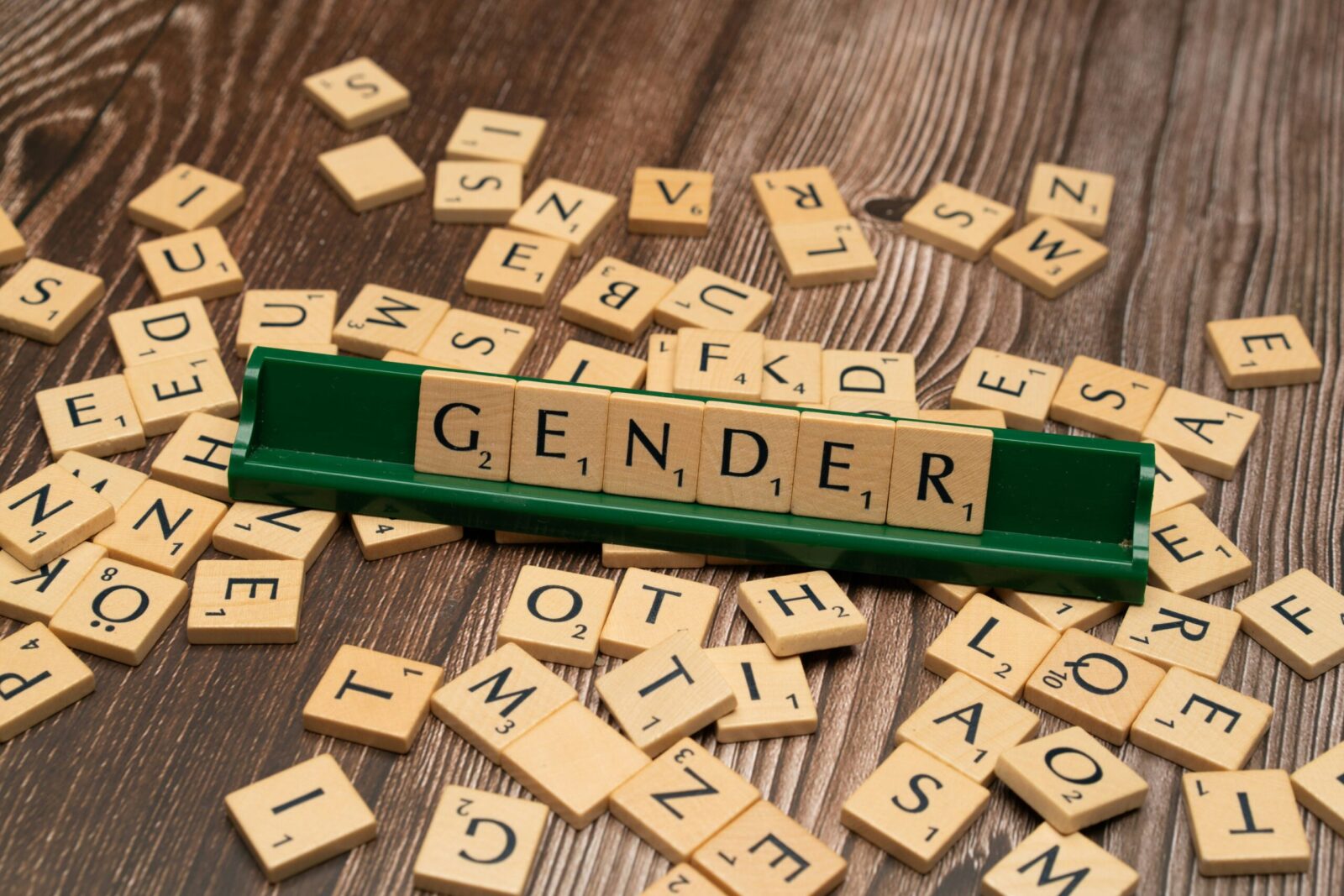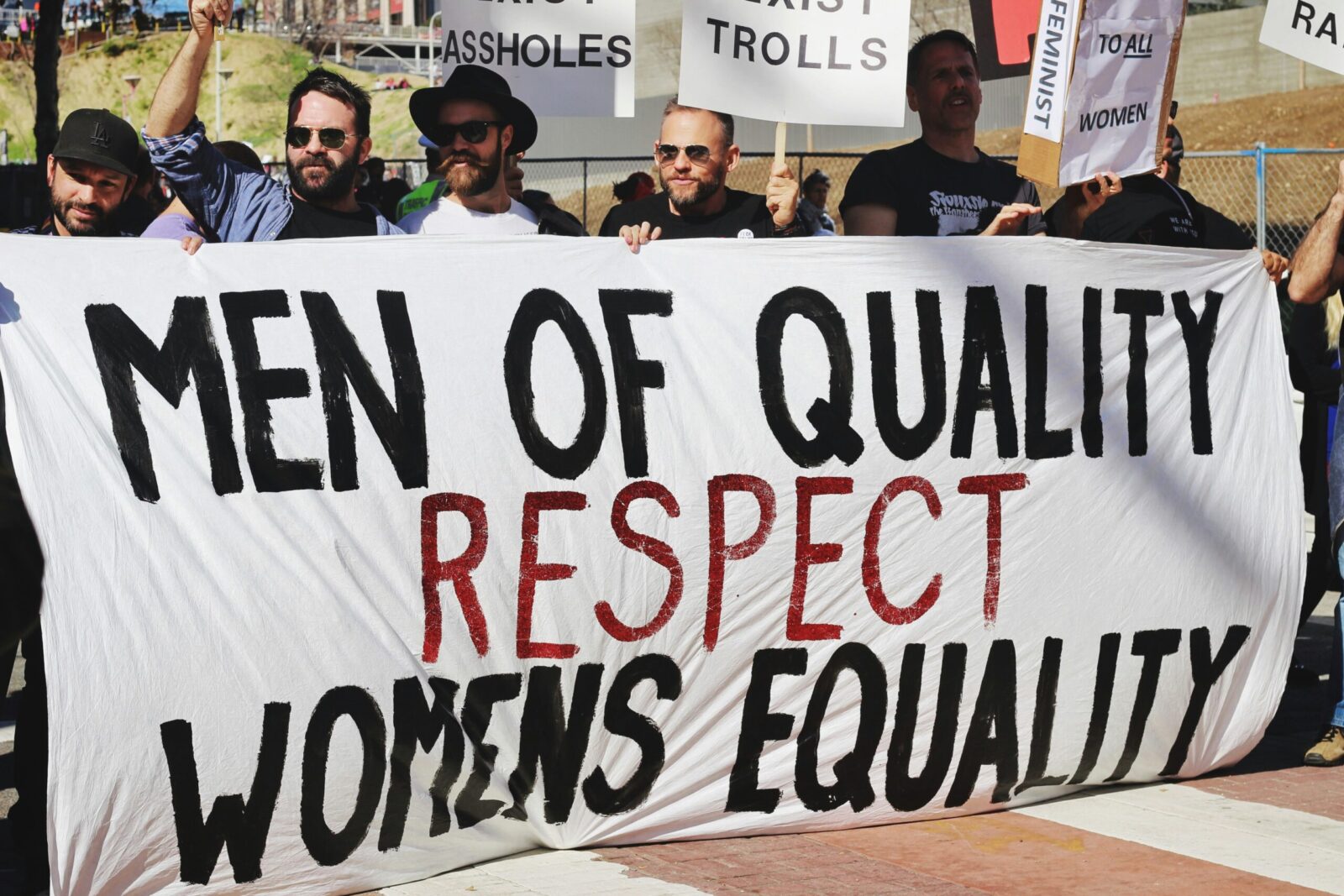The Lost Hero Series in Order: Structure and Payoff
The lost hero series in order refers to the fivebook arc officially known as The Heroes of Olympus. The discipline of this order is as important as the stories:
- The Lost Hero
Jason awakens on a school bus with amnesia, joined by Piper and Leo. The new trio discovers they’re demigods—sons and daughters of Greek gods—and are drawn into a lifeordeath quest by a prophecy they scarcely understand. Monsters attack. The magic is relentless, and only partnership (and clever improvisation) wins survival.
- The Son of Neptune
Percy Jackson returns, memory wiped, at the gates of Camp Jupiter—the Roman counterpart to Camp HalfBlood. Percy’s new allies, Hazel and Frank, join in a quest to defeat Gaea’s forces and free Death itself from chains, as the gods’ Roman and Greek faces threaten every alliance.
- The Mark of Athena
Annabeth leads a combined GreekRoman quest to save the world from destruction. The series’ arc of loyalty, prophecy, and betrayal splits and intertwines. New monsters, old wounds, and a continentspanning adventure test the demigods’ limits.
- The House of Hades
With Percy and Annabeth trapped in Tartarus, friends above must journey through the ancient necropolis, battling monsters, gods, and internal divisions. The experience is a test of trust and discipline; only by overcoming personal flaws do the demigods escape doom.
- The Blood of Olympus
The prophecy is at its end. The crew faces the earth goddess Gaea, and every god, monster, and strange ally returns to choose a side. Every skill, spell, and friendship developed in the previous four books pays off in a finale that is both sacrifice and victory.
Read the lost hero series in order—skip nothing. Every prophecy, friendship, and curse relies on investment and payoff.
Greek Myth, Quest, and Prophecy: Keys to Structure
Each book is a lesson in the rules of myth:
Prophecy shapes, but does not dictate. The fun—and pain—comes from misunderstanding destiny, risking new choices, and consequences hitting harder the further you journey. Magic is earned: Monsters (hydra, empousai, giants, gods in disguise) are defeated by cleverness, unity, or sacrifice—not brute force alone. The gods meddle, but are not always wise: Demigods live with absent, flawed parents—heroism comes from improvisation and bucking tradition.
Friendship and Team Dynamics
The lost hero series in order is a masterclass in partnership. Every quest is won (or nearly lost) by group dynamics:
Trust is tested: secrets, old feuds, personal insecurities all come to a head. Every demigod’s skill set—fighter, magician, builder, leader—matters, and each is given the spotlight. Friendship is not loyalty without limit—it must be wise, critical, and earned daily.
No one wins alone; monsters and prophecy are tougher than individual ego.
Monsters and Gods: Modern Spins
Riordan’s magic is relevance:
Monsters are fear made flesh: bullies, doubts, and bullheaded mythic creatures all serve as metaphors and threats. The gods, both Greek and Roman, are mirrors for parental failings, useful gifts, and the need to strike out one’s own path. Magic tools and spells are precise; discipline is required to use or resist them without fallout.
Naming your fear or challenge in Riordan’s world is the first step toward mastery.
The Discipline of Reading in Order
The lost hero series in order isn’t just about knowing who’s alive in book five. It’s about following how new leaders (Jason, Piper, Leo, Hazel, and Frank) slide into and disrupt the old PercyAnnabeth dynamic. Big character payoffs and resolution for supporting demigods, gods, and monsters tie directly to early setups. The rhythm of quest, prophecy, and personal growth is only coherent and satisfying played straight through.
Key Lessons from Each Book
The Lost Hero: Leadership without ego. The Son of Neptune: Memory, mercy, and unity across manufactured divides. The Mark of Athena: Bravery in loneliness and the price of knowledge. The House of Hades: Sacrifice, confession, and the terror of being truly seen. The Blood of Olympus: Risk for the common good, breaking prophecy’s grip, earned peace.
Final Thoughts
The best fantasy quest is not nostalgia or pausing for spectacle. It’s structure, grit, adaptation, and risk—at every step, for every character. The lost hero series in order is an explicit guide to how myths survive and earn new meaning. Heroes, whether godborn or not, are made by facing every monster with friends at their back and a prophecy to either break or fulfill. If you want fantasy with discipline, adventure with stakes, and quests with consequence, read Riordan’s work from page one to final battle—no shortcuts, no compromise. That is the model adventure, mythic and modern alike.


 Carolety Graysons is a passionate voice empowering women through inspiring stories, leadership insights, and meaningful community-driven change.
Carolety Graysons is a passionate voice empowering women through inspiring stories, leadership insights, and meaningful community-driven change.

